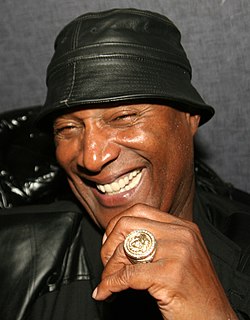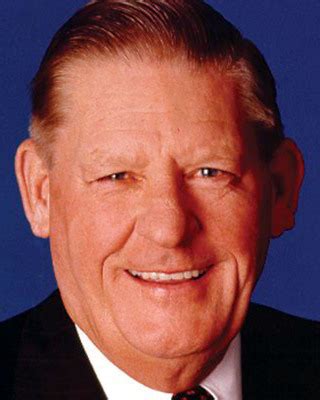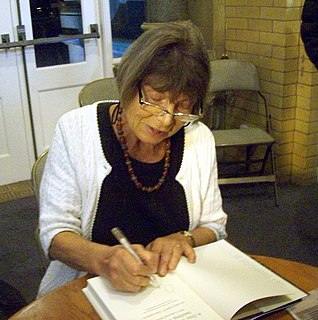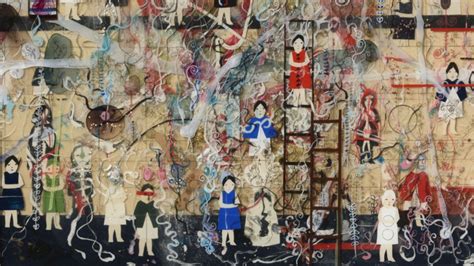A Quote by Paul Mooney
You got to remember that slavery's very complex. It has a lot of levels to it.
Related Quotes
As for slavery, there is no need for me to speak of its bad aspects. The only thing requiring explanation is the good side of slavery. I do not mean indirect slavery, the slavery of proletariat; I mean direct slavery, the slavery of the Blacks in Surinam, in Brazil, in the southern regions of North America. Direct slavery is as much the pivot upon which our present-day industrialism turns as are machinery, credit, etc. … Slavery is therefore an economic category of paramount importance.
I see nothing easy in Washington. I see either analytically simple things that are politically complex or those that are politically complex and analytically complex. I mean, look at immigration reform, you know? It is, I think, analytically easy, but politically very, very complex and very difficult.
We've got to stand up at some point and say, 'We are not gonna pay slavery reparations in the United States Congress.' That war's been fought. That was over a century ago. That debt was paid for in blood, and it was paid for in the blood of a lot of Yankees, especially. And there's no reparations for the blood that paid for the sin of slavery.


































